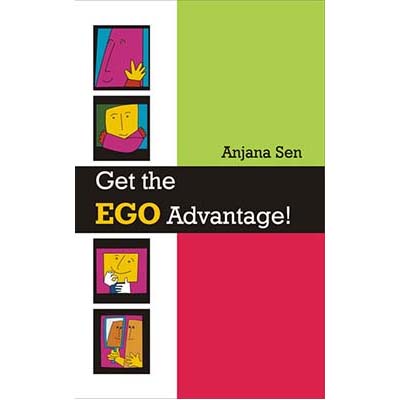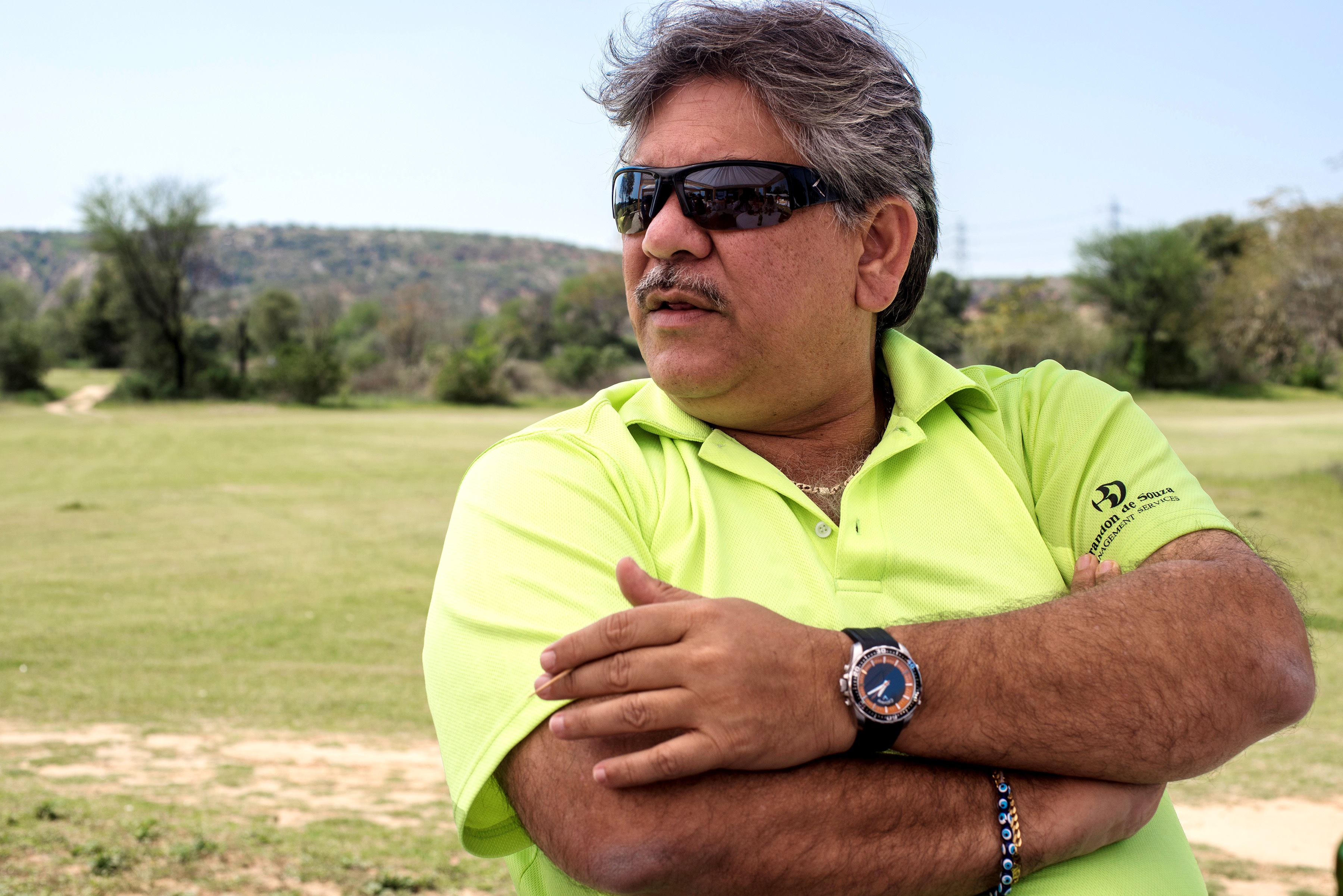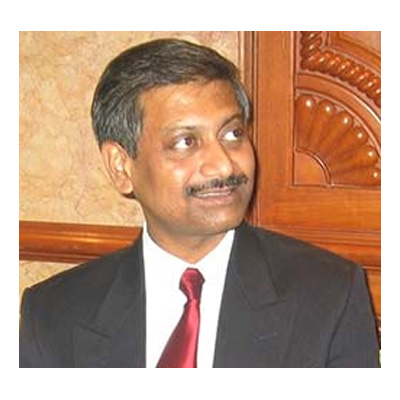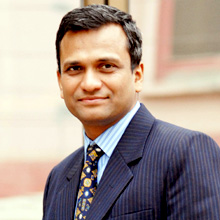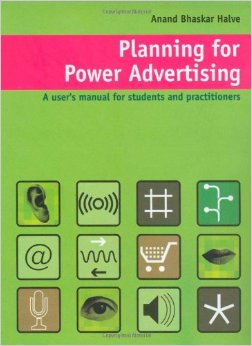Unite & Lead - Piyush Pandey
Redefining Indian advertising by curing its colonial hangover and reaching out to the 1 billion strong Indian masses, by speaking to them in their own language. Piyush Pandey, Executive Chairman and National creative director, Ogilvy & Mather, talks to Nidhi Jain about the changing environment of work for leaders.
Lesson you have learnt so far...
Lessons that are more applicable and not lessons that were discovered afresh.
These lessons come from my sporting days, which got reconfirmed in my business days. I used to play cricket. Unlike cricket over here, we are only one member of the team and that included the captain also. The role of the captain is to get the best out of the team at one level and at the other level to perform well enough to justify your place in the team. Otherwise, no one will remain captain anymore.
So, in any organization where many people work, what is important is to work well yourself as well as get good results from others. So this is one lesson that got reconfirmed from my cricket days.
In a cricket team we have nothing to manufacture and in industry we only have people around with talent. So our job is to encourage these people and make them perform at the highest level. There are ups and down but we have to keep them motivated.
How do you pacify madness around you...
If madness had a method then it will not be mad anymore. Then we would know what to do tomorrow and would get the same results. The idea is not to kill anything just because we are the head. We have to encourage new thing without sacrificing discipline, of course. We very well know when it is out of context but that does not mean it cannot sell. In advertising, good ideas sell and we have to make others understand this.

People who have influenced you so far...
Many different kinds of people and not necessarily from advertising. I am very much influenced by Vivian Richards. He changed the rules of batting by playing different shots in different ways and challenged everybody. Similarly I cannot lead a stereotypical life. Experiment with new things and follow the one that suits me.
I also got influenced by my mother who did not believe that lack of formal education was a deterrent to her being knowledgeable. So she acquired a lot by reading books.
I also got influenced by my late cook who challenged every theory of cooking. Arun Lal, who is a commentator now, has also influenced me a lot because he is not at all scared of speaking his mind, no matter what. There is no one single person who influenced me in total. I have been influenced by life. There is a certain trait in every human which needs to be respected.
What according to you are changing rules of work...
Rules are challenged when they become monotonous. Self proven rules don't work everytime. So the idea is to question and challenge and adapt to something else. Have an open mind and be willing to accept everything. The older days had an assembly line in advertising where the client used to brief up everything to the client server and then client server used to brief up everything to the creative guy and vice versa but now we all work together and things have changed, so one should not follow just what is written in books. Rather, they should apply new ideas to the same thing.
How do you ensure that your team delivers...
There is nothing to ensure. They are all good people. We hired them because they are good and can perform. I have never been under pressure thinking whether they will do well or not. I am myself not sure whether each time I touch anything will come out well since I am not superhuman and neither are they. As long as we win more number of times, we are a good team. We are commercial artists and cannot be self indulgent about in it. I make them understand to respect others and have respect for themselves too.
Fun part of your business....
Fun part is meeting different people. I meet so many of them. Some seem bizarre at times and a few interesting. A lot of excitement of our business is that we are addressing 50 different problems so there is no monotony. Taking quick decisions and watching quick results is the fun here. Unlike in movies, in our case I come to know what I did in 20 days. Maybe I am impatient but that is what I like.
Piyush Pandey's leadership mantra - "A leader should never state that he is a leader. Others should know that you are a leader."





